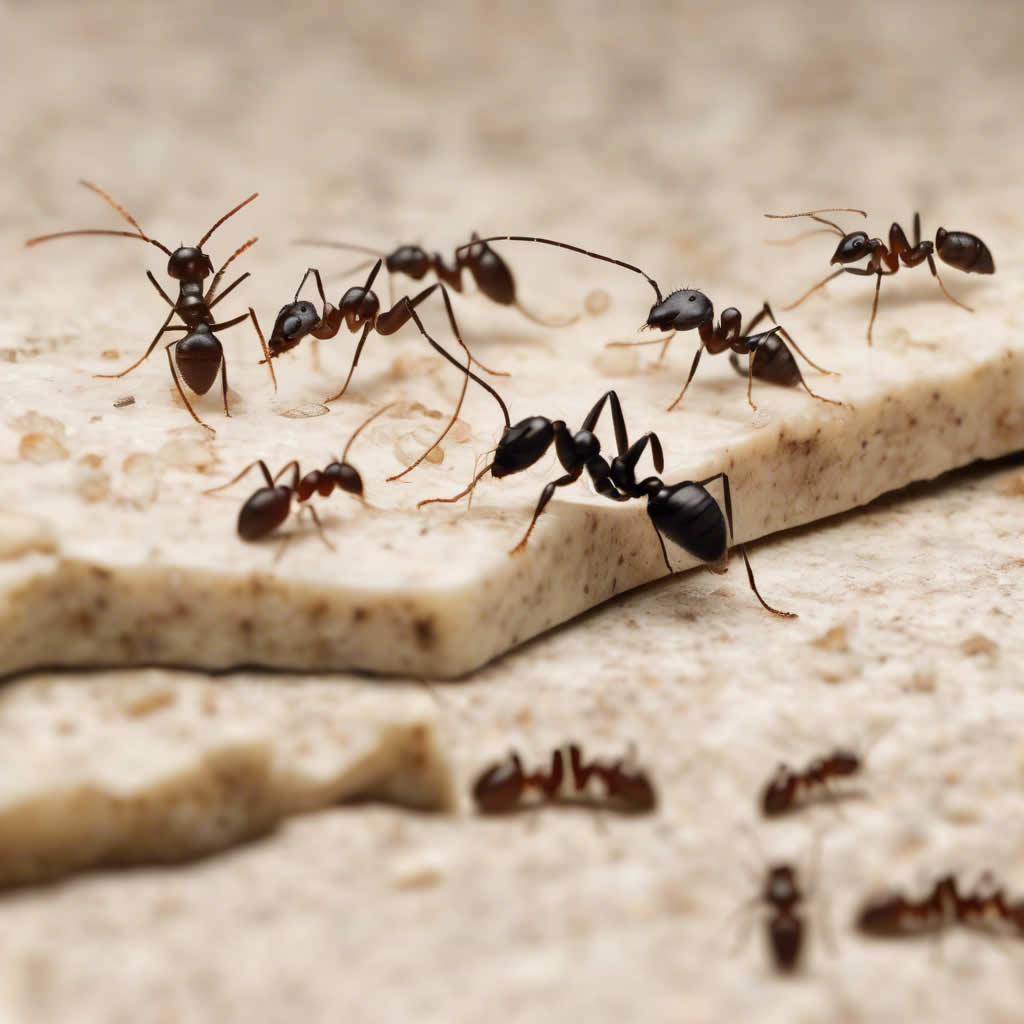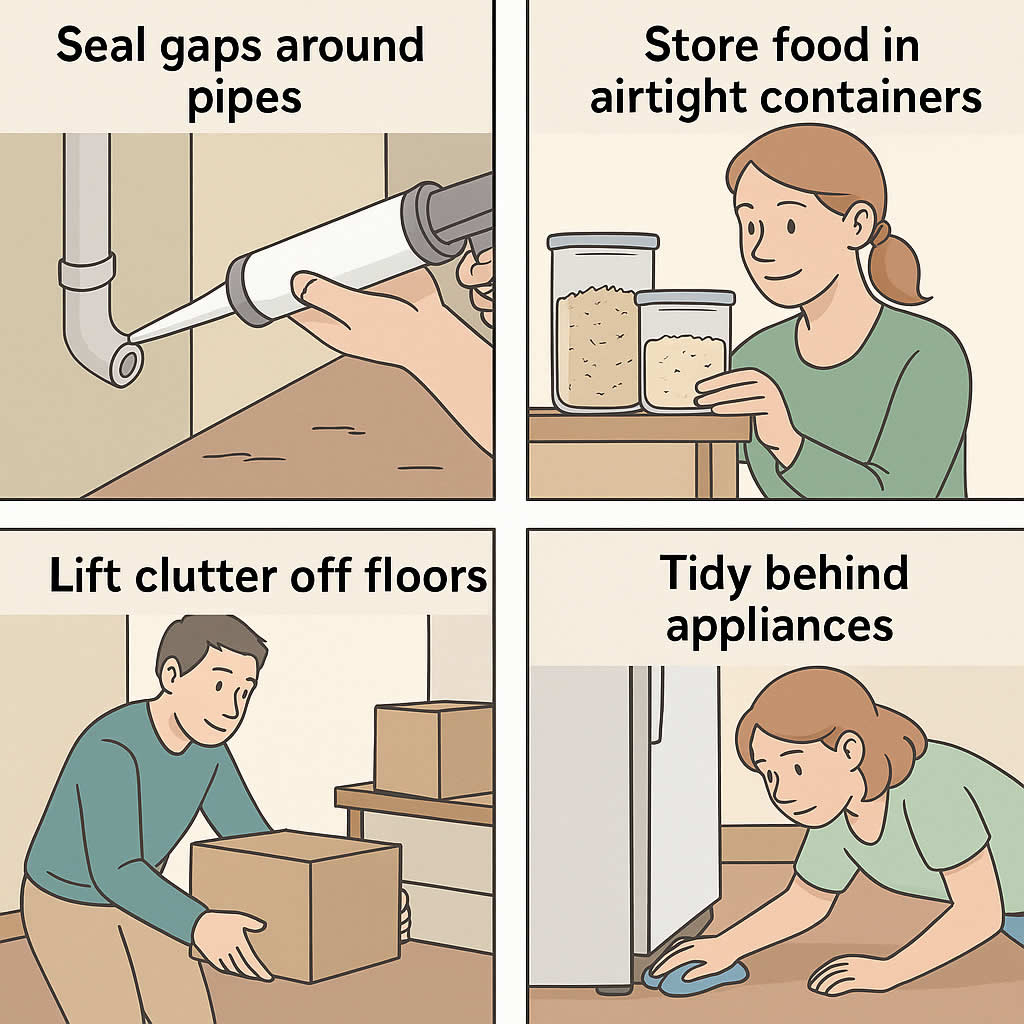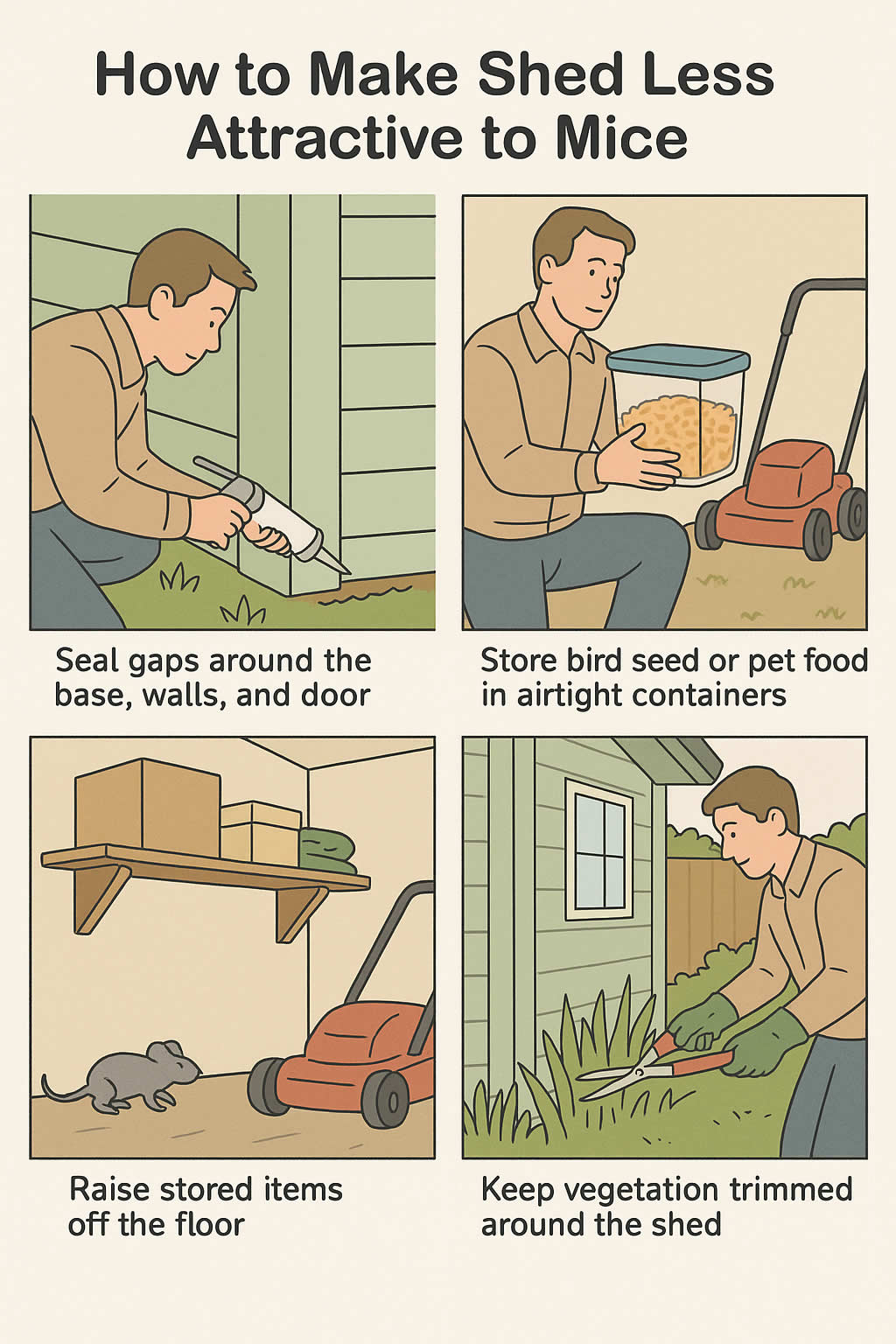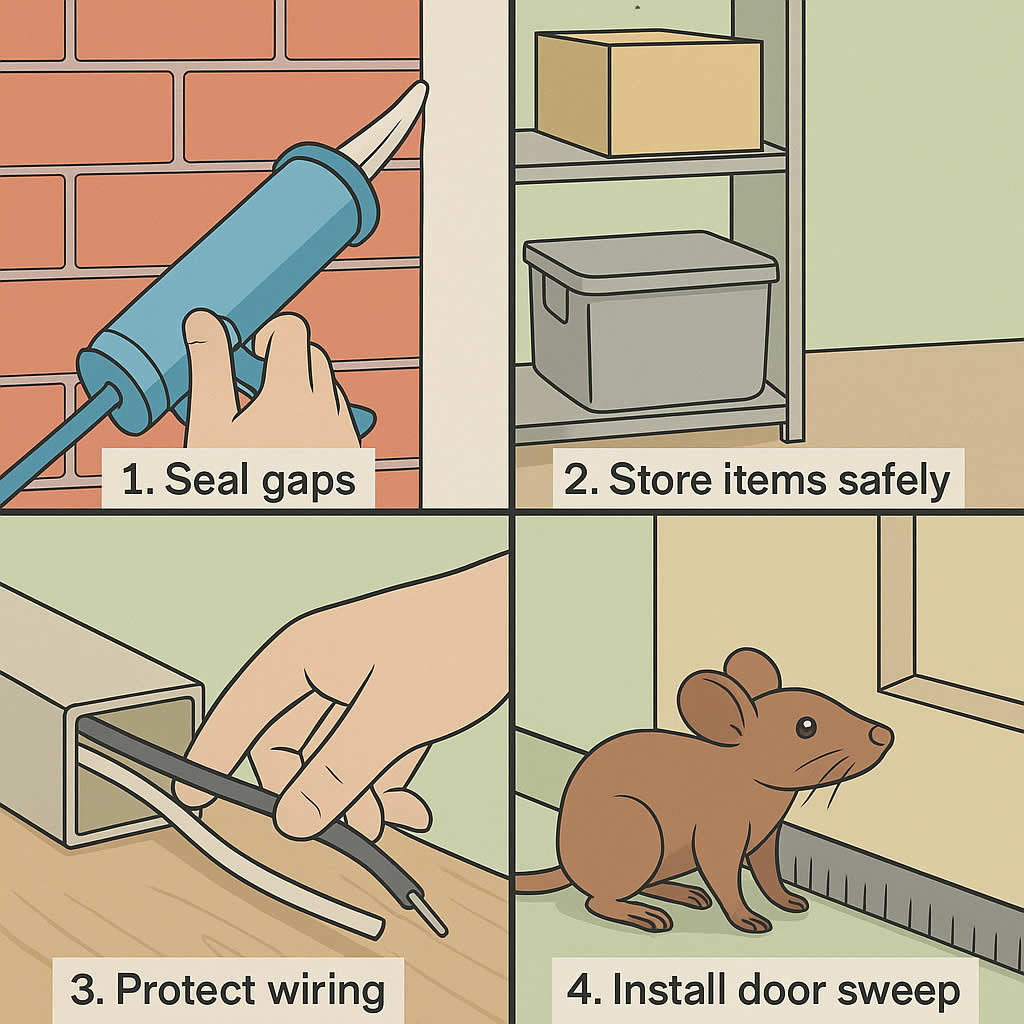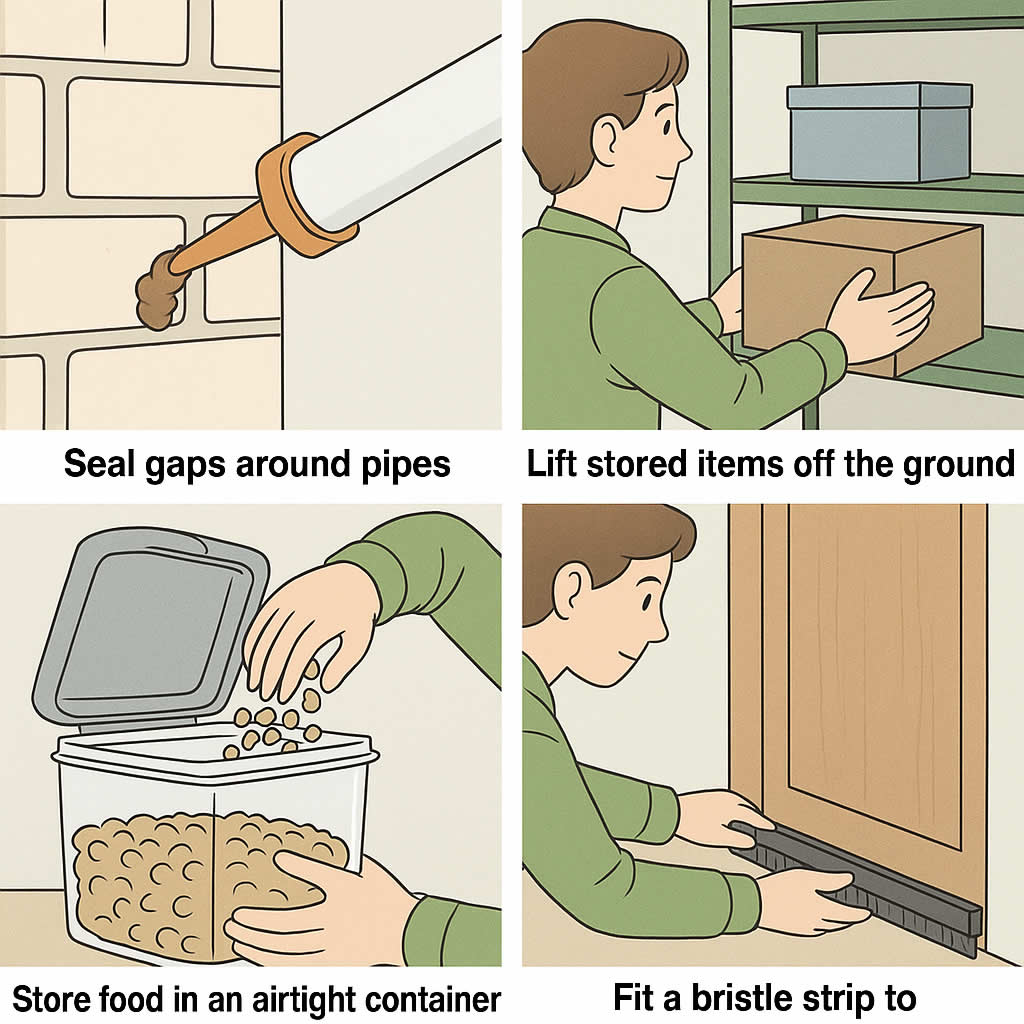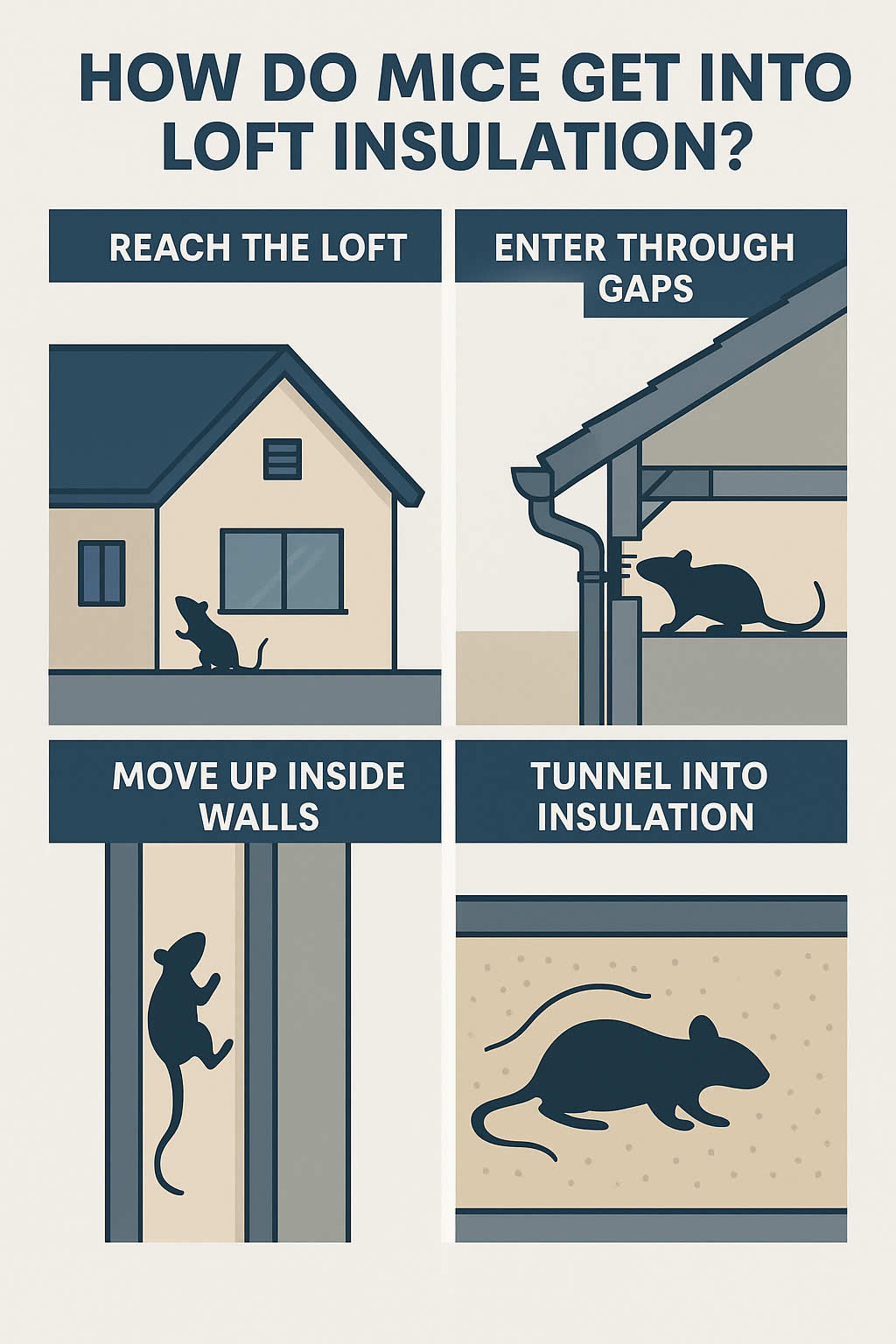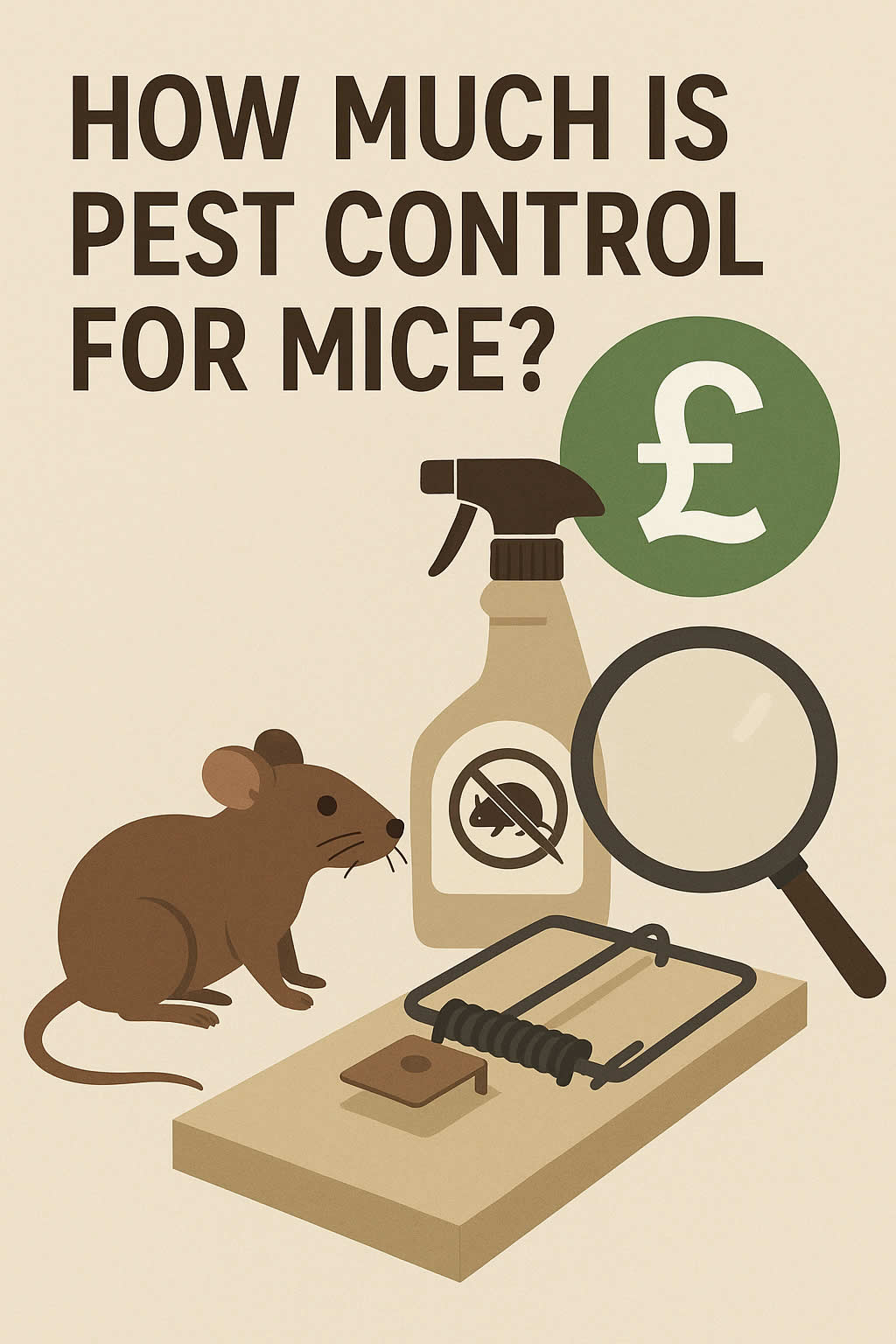Related Queries
ToggleAnts are one of those pests that you don’t notice until suddenly they’re everywhere. You might spot a trail across your kitchen counter, or find them swarming around pet food on the floor, and wonder how they managed to appear so quickly. The truth is, ants are persistent and incredibly good at finding what they want. Once they’ve made their way inside, they’ll keep coming back unless you deal with both the cause and the colony.
If you’ve ever asked yourself why ants seem so drawn to your home, or how you can finally get rid of them, this guide will walk you through everything you need to know. From what attracts ants in the first place, to prevention tips, natural remedies, and when to call in the professionals, you’ll find answers to the questions that matter most.
Why are ants so attracted to houses?
Ants are constantly searching for two things: food and shelter. When they find a reliable source of either, they leave a chemical trail that allows the rest of the colony to follow. That’s why you rarely see just one ant — once the trail is set, dozens more will soon appear.
Inside your home, ants are mostly looking for:
- Sweet foods like sugar, honey, fruit juice, jam, or biscuits.
- Greasy or fatty foods such as crumbs, leftovers, and cooking spills.
- Protein-rich scraps like pet food or meat.
- Water sources, including leaky pipes, sinks, or damp areas.
Your kitchen is the main hotspot because it usually contains a mix of all of these. Even a tiny spillage of juice on the floor can bring ants marching in. They’re also drawn to warmth, which makes your home especially appealing during colder months.
How do ants get inside?
It can feel like ants appear out of nowhere, but they’re masters at finding ways in. They can squeeze through the tiniest gaps, so unless your home is fully sealed (which most aren’t), they’ll discover an entry point. Common routes include:
- Cracks in walls, skirting boards, or floors.
- Gaps around windows and doors.
- Openings around pipes, cables, and utility lines.
- Ventilation grills or poorly fitted extractor fans.
Because ants are so small, even a hairline crack can be enough. Once they’ve found an entry, they’ll keep using it until you block it off. That’s why dealing with ants isn’t just about cleaning up food; it’s about sealing their pathways too.
What steps can you take to prevent ants?
The good news is, prevention is often easier than removal. By making your home less attractive to ants, you’ll cut down the chances of them showing up at all. Here are some practical steps you can take:
Keep your kitchen clean
Ants follow scent trails, so even the smallest crumbs can bring them in. Wipe surfaces regularly, sweep floors, and wash dishes promptly. Don’t leave sugary drinks or open food sitting out.
Store food properly
Keep food sealed in containers, especially sweet items like cereal, biscuits, or fruit. Don’t forget pet food — it’s one of the most common things ants target.
Manage waste effectively
Empty bins regularly, keep lids closed, and clean them out when needed. Ants can smell waste from outside and will happily follow it in.
Seal entry points
Use caulk or filler to close cracks around windows, doors, and walls. Fit draught excluders under doors and check pipe entry points.
Keep plants and shrubs trimmed back from your walls. Ants often nest in soil or under paving, so limiting their access to the house helps.
What natural methods can you use to deter ants?
If you’d rather avoid chemicals, there are plenty of natural ways to discourage ants. Many of these work because ants rely heavily on scent trails. By disrupting those trails or placing substances they dislike in their path, you can make your home less inviting.
Some of the most effective options include:
- Vinegar: Wipe down surfaces with a vinegar and water solution to remove trails.
- Lemon juice: Works in a similar way to vinegar and masks scents ants follow.
- Peppermint oil: Ants dislike the smell, so a few drops on cotton balls near entry points can help.
- Salt or turmeric: Sprinkled across common paths, these create barriers ants avoid.
- Paprika or cinnamon: Strong-smelling spices also deter ants.
While these methods can work well for small problems, they’re often not enough if the colony is large or established.
How can you safely remove ants once they’re inside?
When ants have already made themselves at home, you’ll need to take steps to remove them. There are a few different approaches, depending on the scale of the problem.
Ant bait
This is one of the most effective DIY methods. Ants carry bait back to the colony, where it’s shared with others. This eventually kills the queen and workers. It’s slower than spraying, but it tackles the root of the problem rather than just the ants you can see.
Insecticidal sprays
These can provide quick results by killing ants on contact. They’re useful for emergencies, but they don’t deal with the colony. Always follow safety guidelines and avoid using sprays near food.
Boiling water for outdoor nests
If you can see the nest outside, pouring boiling water directly onto it can reduce numbers. It may not wipe out the entire colony, but it can weaken it.
Clean trails thoroughly
After removing ants, scrub the area with vinegar or soapy water. This erases the chemical trail, making it harder for other ants to follow.
When should you call a professional?
Sometimes, DIY methods just aren’t enough. If you’ve tried cleaning, sealing, and baiting, but the ants keep returning, it may be time to call in pest control. You should also consider professional help if:
- The infestation is large or persistent.
- You can’t locate the nest.
- Ants are nesting inside the walls or structure of your home.
- You’re dealing with biting or stinging species.
Professionals have access to stronger treatments and the expertise to find hidden nests. They can also provide advice to stop ants coming back in the future.
Are ants harmful to your health?
Most ants in the UK are not directly dangerous, but they can still be a nuisance. Ants that crawl over your food or surfaces may carry bacteria, making them unhygienic. In some cases, certain species can bite, though this is rare in Britain.
The bigger issue is how quickly they multiply. A small number can turn into hundreds in a matter of days, which makes your home feel invaded and unpleasant.
What myths exist about getting rid of ants?
There are plenty of myths around ant control, and believing them can waste your time. For example:
- Pouring flour around the house: This doesn’t stop ants long term.
- Killing visible ants only: Spraying what you see won’t remove the colony.
- Ignoring them: Ants won’t just go away; they’ll keep returning until you cut off food and access.
It’s important to focus on proven methods like baiting, cleaning, and sealing.
How do you keep ants from coming back?
Even after dealing with an infestation, the key is prevention. Regular cleaning, sealing gaps, and storing food properly will help stop future problems. Stay alert during spring and summer when ants are most active, and deal with any signs early before they escalate.
Final thoughts
Ants might be small, but they’re incredibly persistent. They’re attracted to food, water, and shelter, and once they find a way in, they’ll keep coming until you remove both the cause and the colony. By keeping your home clean, sealing entry points, and using proven deterrents, you can manage minor problems yourself.
For larger infestations, don’t hesitate to bring in professional help. Acting quickly not only restores your home’s comfort but also saves you from bigger problems down the line.

